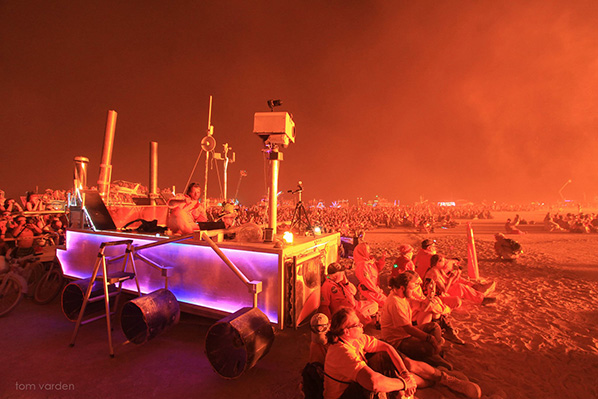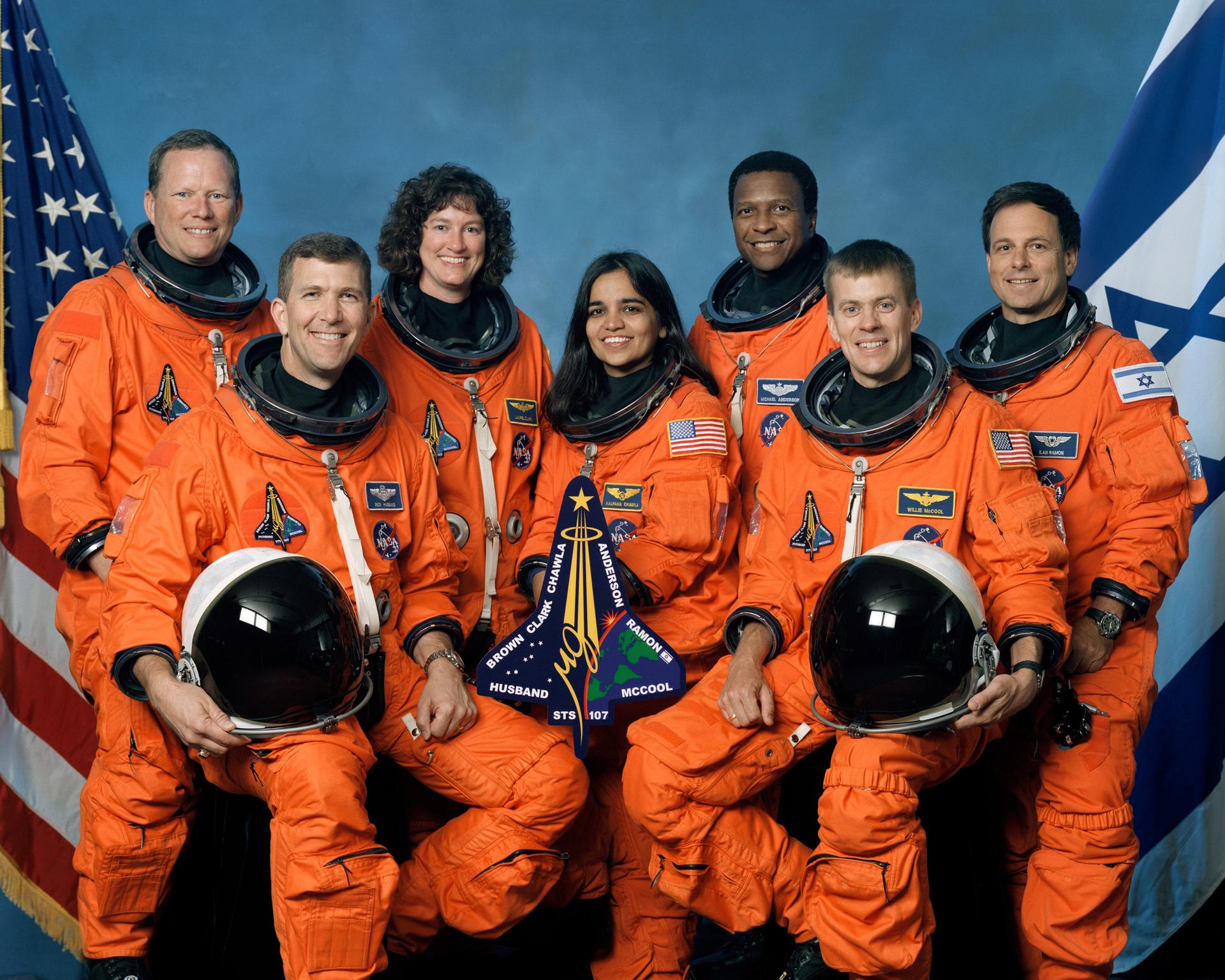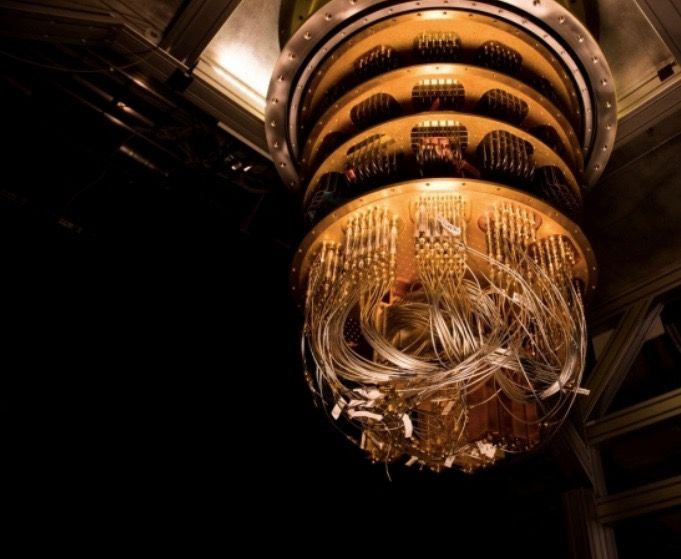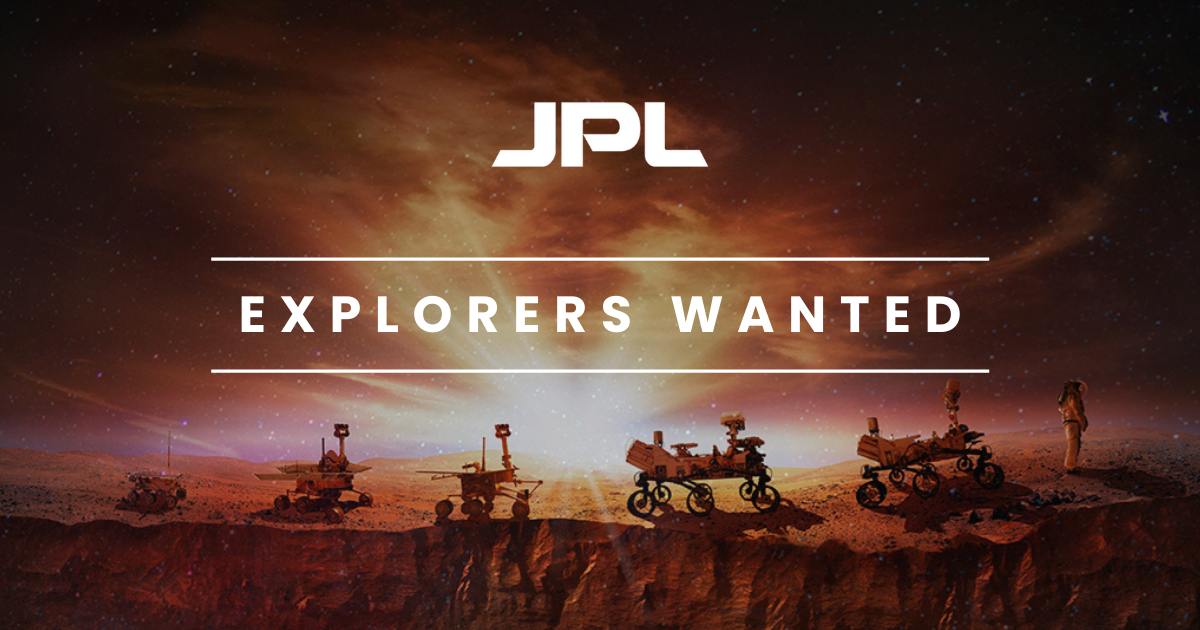Hi Charles.
about SETI PROJECT.
Could you tell me if as stated in this 1977 JPL pamphlet, http://bit.ly/2JoZt8h,
Madrid and Canberra DSN antennas were used for this project before the 80`s.
Thanks and Regards
about SETI PROJECT.
Could you tell me if as stated in this 1977 JPL pamphlet, http://bit.ly/2JoZt8h,
Madrid and Canberra DSN antennas were used for this project before the 80`s.
Thanks and Regards









